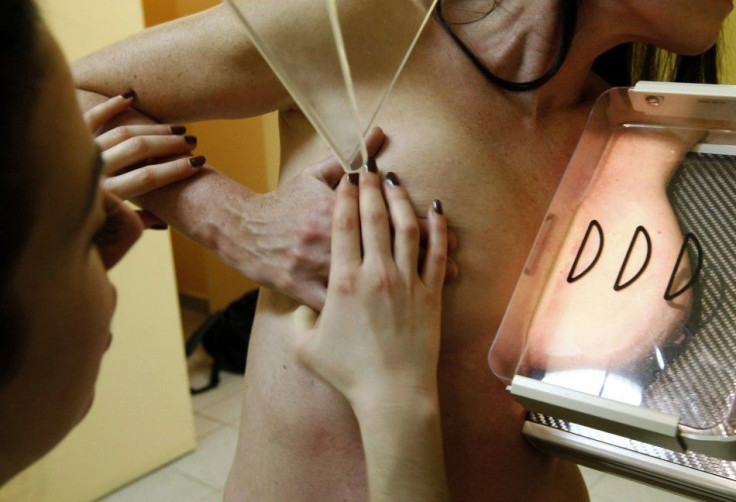Cost of Cancer Treatment in Developed Countries Spiraling Out of Control

The spiraling cost of treating cancer in the developed countries is skyrocketing to unsustainable levels, according to a research study published by Lancet, the British medical journal.
The Lancet Oncology report warned that such costs are heading towards a crisis and that there exists a culture of excess amidst a backdrop of insufficient evidence regarding the value of new treatments and technologies.
More alarming, the number of cancer-stricken patients is rising every year in the world. According to BBC, about 12 million people are diagnosed with cancer each year across the globe -- this figure is expected to jump to 22 million by 2020 and 27 million by 2030.
The cost of treating new cancer patients is estimated at $286-billion annually – and similarly, expected to climb, thereby creating a new massive financial burden.
Of that $286-billion figure, more than half was related to treatment, while another quarter was the result of lost productivity.
For example, the cost of treating breast cancer in Britain has leapt by 10 percent in each of the past four years.
The Lancet report states that in most developed countries cancer treatment receives between 4 percent and 7 percent of their health care budgets.
The issue that concerns economists and policymakers [are] not just the amount of money spent on health care, but also the rate of increase in healthcare spending or what has become known as the cost curve, the report noted.
In general, increases in the cost of healthcare are driven by innovation. We spend more because we can do more to help patients.
Of course, this presents a quandary – more products, more innovations, lead to higher costs.
The report cited that the number of cancer drugs on the market in Britain has spiked from only 35 in the 1970s to 100 currently – many of which are exceedingly expensive.
Few treatments or tests are clear clinical winners, with many falling into the category of substantial cost for limited benefit, the Lancet study laments.
Indeed, the whole plethora of cancer diagnosis and treatment is bewilderingly complex, including nuclear imaging, surgery, drug therapy and radiation – and it’s not clear how truly effective some of these pricey measures are in killing cancer cells.
“With an aging global population and an endless conveyor belt of expensive new drugs and technologies and increasing financial pressures, the cost of cancer care in high-income countries is becoming unsustainable,” the study stated.
Richard Sullivan, a professor at King’s College Integrated Cancer Centre in London, who presented the report at a forum in Stockholm, warned: “We are at a crossroads for affordable cancer care, where our choices, or refusal to make choices, will affect the lives of millions of people.”
He added: We're on an unaffordable trajectory. We either need to manage and reduce the costs or the cost will increase and then inequality rises between rich and poor.
© Copyright IBTimes 2024. All rights reserved.





















